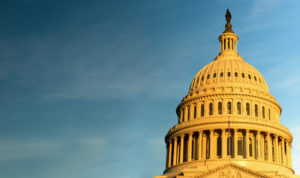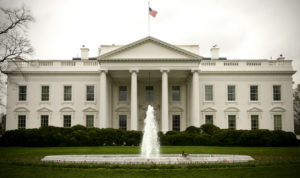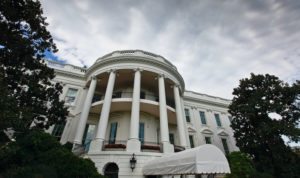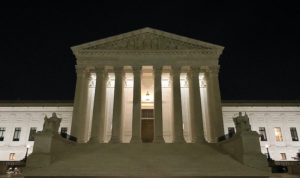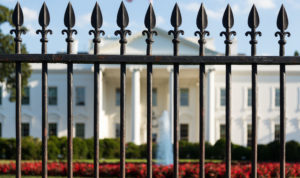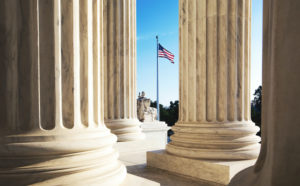Turning the Senate Blue and the Cabinet Red
President-Elect Joe Biden can flip the Senate by sacrificing his Cabinet.
OIRA’s Impact on Rulemaking
Interest groups that lobby OIRA impact public policy, yet OIRA’s role as a regulatory gatekeeper remains understudied.
Tearing at the Mask of the Administrative State
How should actors within the administrative state grapple with the questions Black Lives Matter poses?
Deceptive Deregulation
The Trump Administration’s claims about its deregulatory accomplishments do not withstand scrutiny.
Race Masked in Colorblind Administrative Procedures
The Supreme Court’s administrative law decisions allow racial animus to motivate policy choices.
Racism, Regulation, and the Administrative State
Leading scholars address the ways in which racism pervades the modern administrative state and legal profession.
The Nondelegation Doctrine Is Alive and Well in the States
The U.S. Supreme Court could take a cue from Michigan and other states on reviving the nondelegation doctrine.
Antitrust and Regulation Over Time
As the scope of regulation in an industry narrows, the scope of potential antitrust liability becomes broader.
A Decade of Political Swings, and Consistency
Presidential administrations have taken dramatically different approaches to regulation over the last ten years.
Hidden in Plain Sight: Why Regulations Need a Fresh Look
Distinguished lecturer discusses restoring public support for regulation and how regulatory benefits are hidden in plain sight.
Reflecting on RBG’s Legacy
Through her opinions, Justice Ruth Bader Ginsburg sought to instill equality and justice in the law.
Remembering Judge Stephen F. Williams
Beyond his many contributions to the law, Judge Williams’s intellectual curiosity fostered his commitment to humanity.

